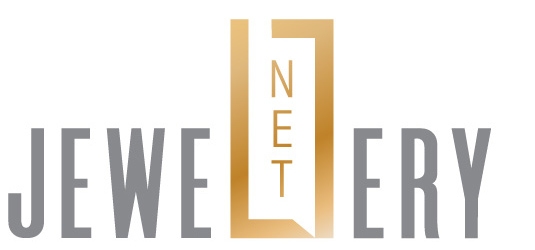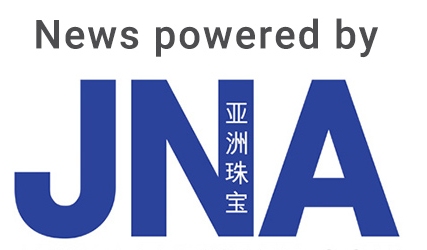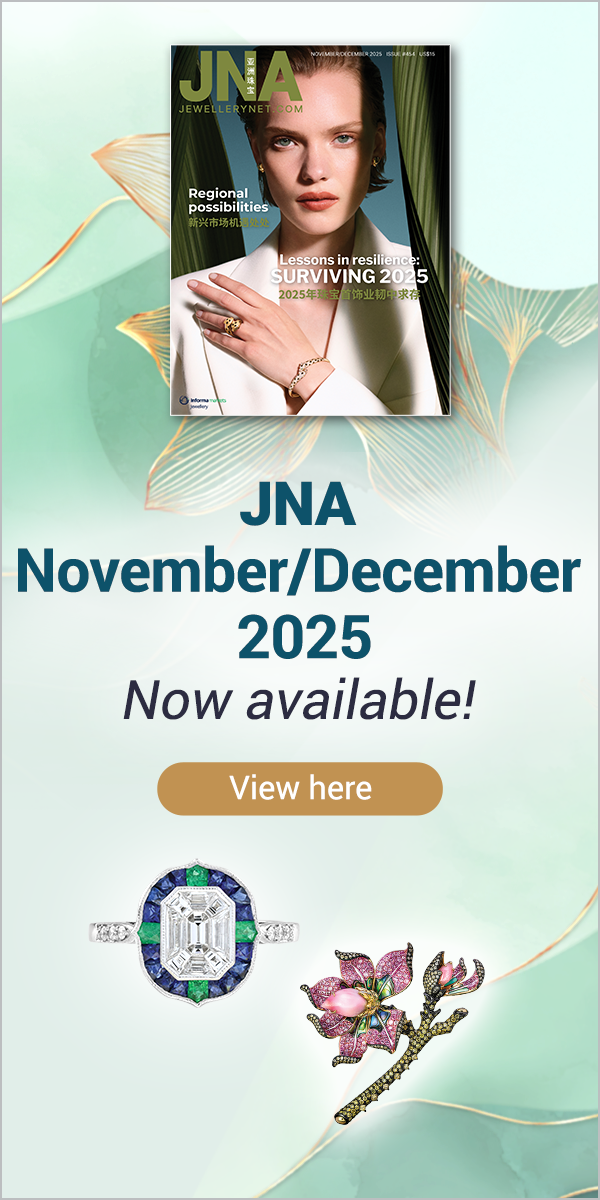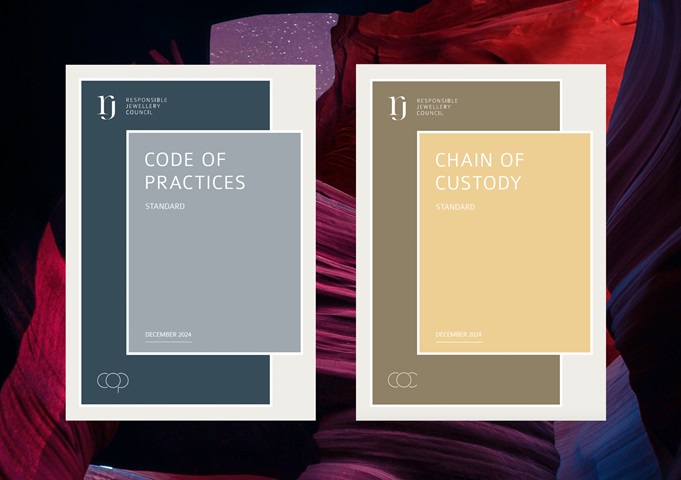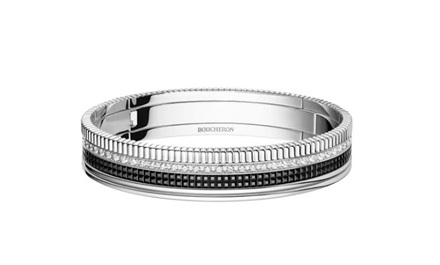The Responsible Jewellery Council (RJC) has completed significant revisions to the RJC Code of Practices (COP) and Chain of Custody (COC) as part of a five-year mandated review.
The directive came from the International Social and Environmental Accreditation and Labelling (ISEAL) Alliance, which was aimed at aligning RJC’s COP and COC with ISEAL standards. Updating the COC and COP began in 2022 and 2021, respectively.
With “recycled” precious metals being a key topic of definition for 2024, the COC standard has been updated to recognise three main types of eligible material: Pre-consumer, post-consumer, waste and a mix of the three.
Meanwhile, the COP standard for 2024 now has expanded provisions covering human rights due diligence, grievance mechanisms, supply chain due diligence, claims and greenhouse gas emissions.
Other significant updates were on inclusivity, diversity, strengthening environmental requirements and more alignment with emerging standards for mining and mineral processing entities.
According to RJC, these modifications were the result of 1,200 feedback and comments from a diverse range of industry and non-industry stakeholders over the three-year consultation process for COP and two years for COC.
RJC’s standards enable companies across the entire supply chain, from mining to retail, to integrate responsible business practices into their management systems and daily operations. Through the implementation of the COP, members contribute towards the United Nations 2030 agenda and the 17 Sustainable Development Goals.
COP provides a common standard for ethical, social, human rights and environmental practices across mining, laboratories, precious metals, diamonds and coloured gemstones. On the other hand, COC defines an approach for companies to handle and trade gold, silver and platinum group metals in a way that is fully traceable and responsibly sourced.
